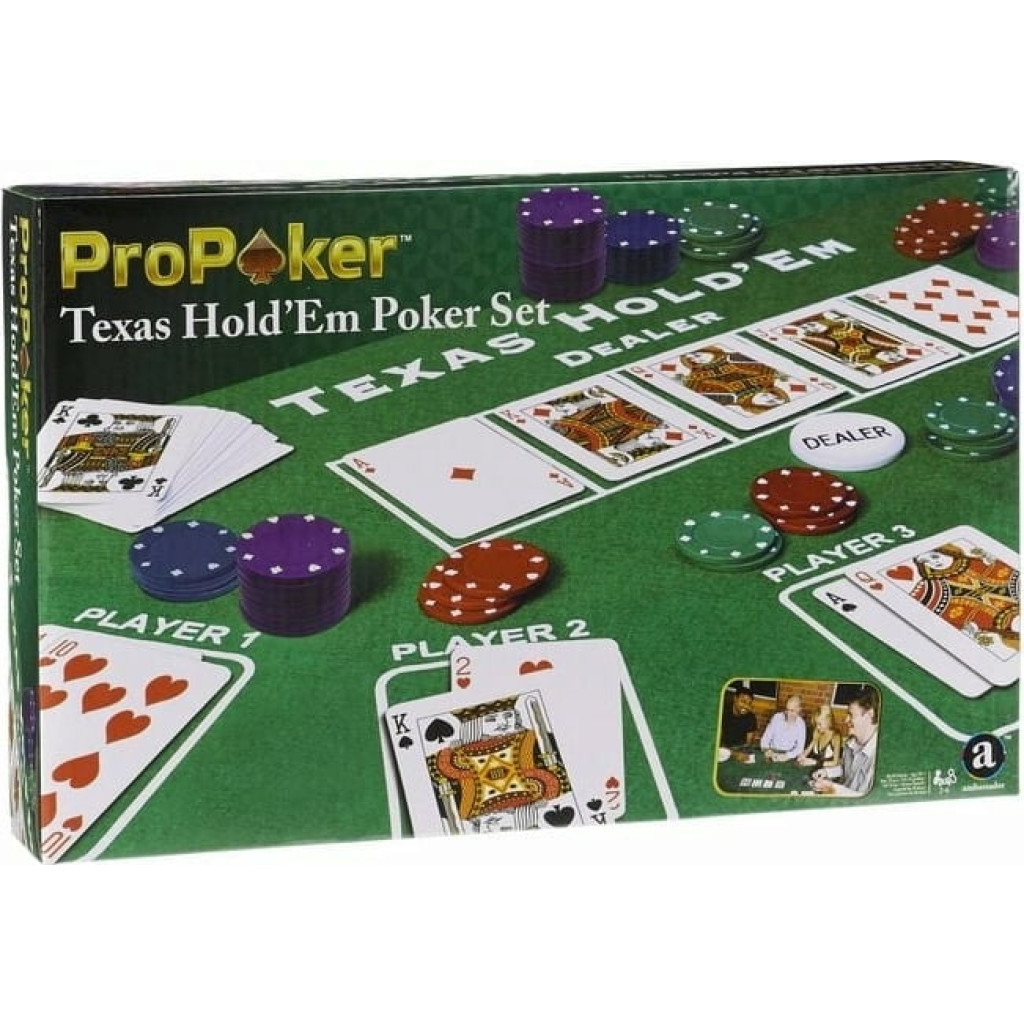
Most people see poker as a game of chance, but the game actually requires a lot of skill and strategy. It also teaches you to control your emotions, which can be very beneficial in other parts of life.
If you’re new to the game, start by learning the rules and understanding the betting structure. Then, practice your strategy by watching experienced players. This will help you develop quick instincts and improve your chances of winning.
Aside from managing your bankroll, there are a few other things you can do to maximize your winnings. For example, try to only play with money you’re comfortable losing. That way, you won’t get frustrated or angry at the table – which can negatively impact your decision-making.
Once the first round of betting is complete, the dealer deals three cards face-up on the board that anyone can use. This is called the flop. Then, there’s another round of betting starting with the player to the left of the button.
The player with the highest ranked hand wins the pot (all the money that has been bet during that hand). If you have a good poker hand, it’s important to be aggressive and make your opponents fold. However, don’t be afraid to bluff sometimes too! It’s important to balance being aggressive with making smart bluffs. It can also be helpful to watch other experienced players and analyze how they react in certain situations. This will allow you to learn from their mistakes and apply them to your own game.